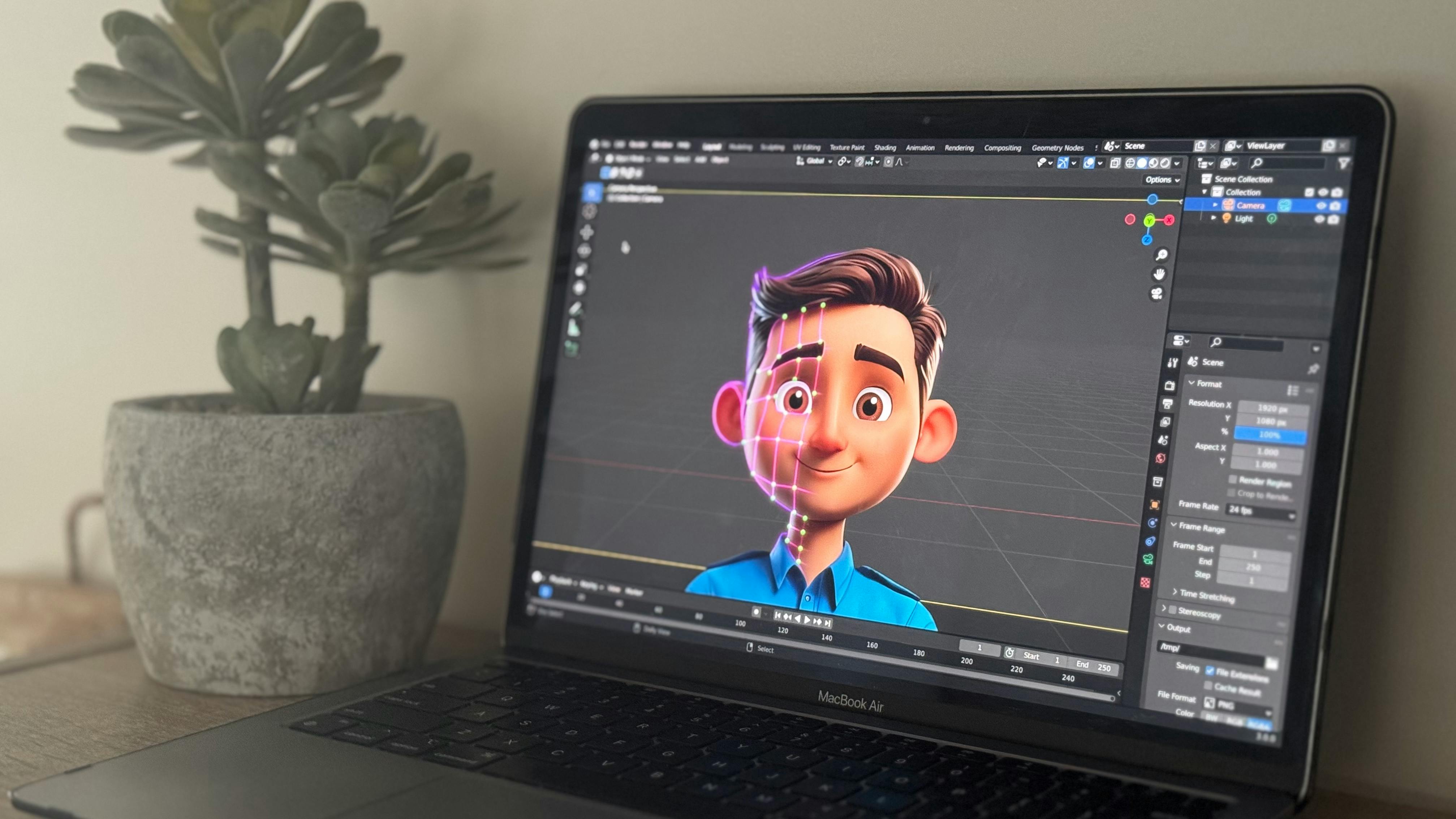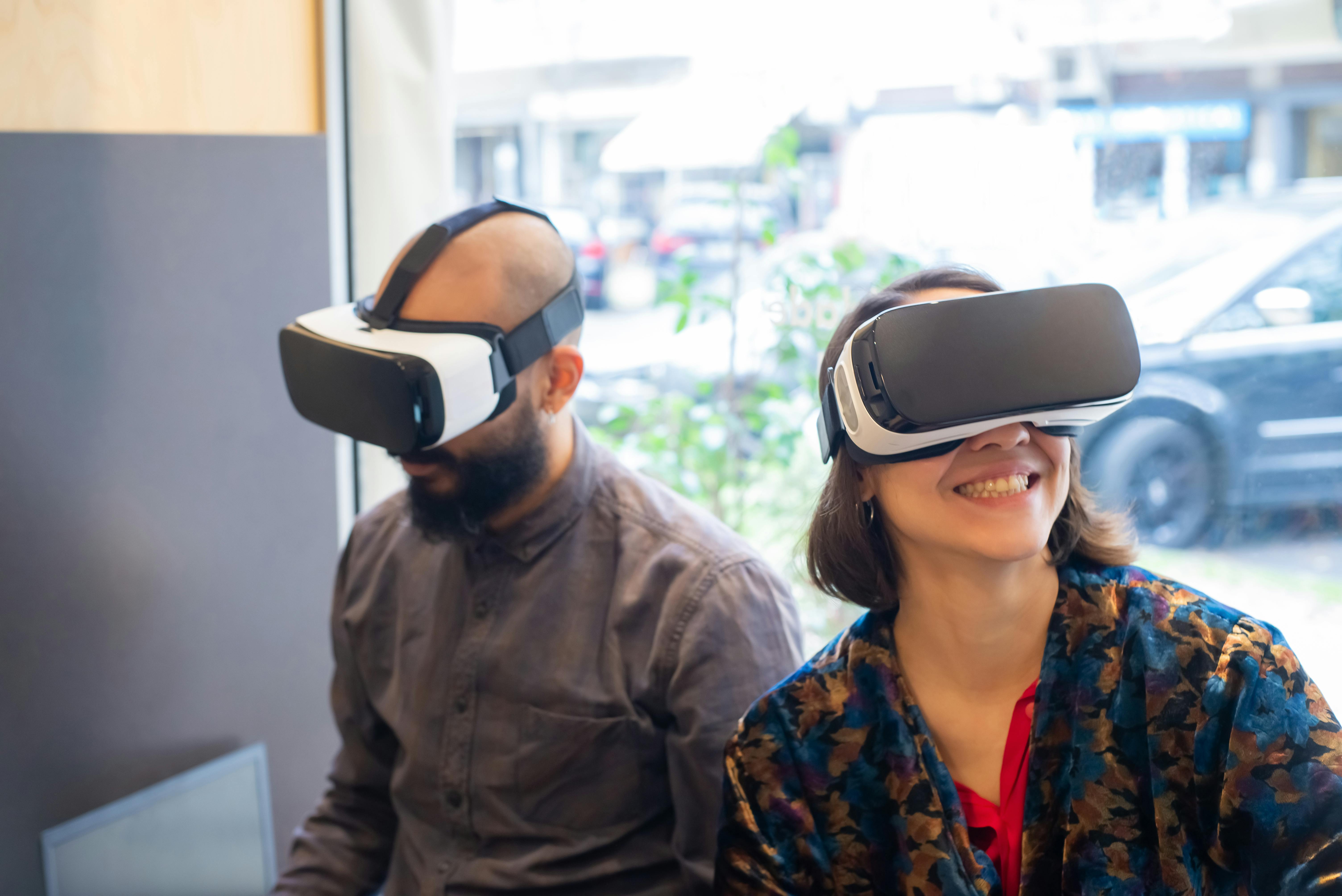Virtual Patient Care: The Future of Metaverse in Healthcare
Aug 8, 2024
In the ever-evolving landscape of healthcare, technological advancements continue to revolutionize patient care. One of the most promising innovations is the metaverse for healthcare. This virtual universe is transforming how healthcare services are delivered, offering immersive and interactive experiences that improve patient outcomes and enhance medical training. This article delves into how the metaverse is shaping the future of healthcare, highlighting its benefits, applications, and potential challenges.
Introduction to the Metaverse for Healthcare
The metaverse for healthcare is an interconnected digital space where patients, healthcare providers, and medical professionals can interact in a fully immersive environment. This virtual world combines elements of virtual reality (VR), augmented reality (AR), and advanced data analytics to create a new frontier in patient care and medical education. The metaverse offers a platform for delivering remote consultations, conducting virtual surgeries, and providing therapeutic interventions in ways that were previously unimaginable.
Benefits of the Metaverse in Healthcare
Source: www.netscribes.com
Increased Patient Engagement
One of the most significant benefits of the metaverse is its ability to enhance patient engagement. Traditional healthcare settings can be intimidating and stressful for patients. The metaverse, however, provides a more comfortable and interactive environment where patients can engage with their healthcare providers. This increased engagement can lead to better adherence to treatment plans and improved health outcomes.
Improved Medical Training
The metaverse offers unparalleled opportunities for medical training. Medical students and professionals can practice complex procedures in a risk-free virtual environment, gaining valuable hands-on experience. Advanced surgical simulations and interactive training modules help bridge the gap between theoretical knowledge and practical skills.
Remote Consultations
Telemedicine has already transformed patient care by enabling remote consultations. The metaverse takes this a step further by creating virtual clinics where patients can meet with their healthcare providers in a realistic setting. These virtual consultations can be more engaging and effective than traditional video calls, providing a more comprehensive patient evaluation.
Advanced Surgical Simulations
Surgeons can use the metaverse to perform virtual surgeries, practicing and refining their skills without any risk to real patients. These advanced simulations can replicate a wide range of surgical scenarios, allowing surgeons to prepare for complex procedures and improve their techniques.
Applications of the Metaverse in Healthcare
Source: www.healthysimulation.com
Virtual Clinics
Virtual clinics are a cornerstone of the metaverse for healthcare. These digital spaces replicate the physical clinic experience, allowing patients to receive consultations, follow-up appointments, and even certain treatments from the comfort of their homes. Virtual clinics can be accessed via VR headsets, desktops, or mobile devices, offering flexibility and convenience.
Telemedicine
Telemedicine in the metaverse offers a more immersive experience than traditional telehealth platforms. Patients can interact with their healthcare providers in a virtual environment that feels more personal and engaging. This enhanced interaction can lead to better patient-provider relationships and improved care.
Medical Education
The metaverse is revolutionizing medical education by providing students with immersive learning experiences. Virtual anatomy classes, interactive patient simulations, and real-time collaboration with peers and instructors create a more effective and engaging educational environment. Medical students can practice procedures and receive immediate feedback, accelerating their learning process.
Therapeutic Interventions
The metaverse offers new possibilities for therapeutic interventions. For example, patients with mental health conditions can participate in virtual therapy sessions that provide a safe and controlled environment for treatment. Virtual reality exposure therapy (VRET) can help patients with anxiety disorders confront their fears in a gradual and controlled manner.
Challenges and Considerations
Technical Barriers
Implementing metaverse technologies in healthcare requires significant technical expertise and infrastructure. Healthcare providers must invest in VR and AR hardware, develop high-quality digital content, and ensure seamless integration with existing systems. Overcoming these technical barriers is crucial for a successful metaverse strategy.
Cost of Implementation
The initial cost of adopting metaverse technologies can be substantial. Healthcare providers need to allocate budget for hardware, software development, and content creation. However, the long-term benefits of improved patient care and medical training can outweigh these initial investments.
Privacy and Security
As with any digital platform, privacy and security are major concerns in the metaverse. Healthcare providers must implement robust security measures to protect patient data and ensure compliance with regulations such as the Health Insurance Portability and Accountability Act (HIPAA). Addressing these concerns is essential for building trust and maintaining a positive reputation.
Future of the Metaverse in Healthcare

Emerging Trends
The future of the metaverse for healthcare is filled with exciting possibilities. Emerging trends include the integration of AI and machine learning for personalized patient care, the use of blockchain for secure health data transactions, and the development of more sophisticated VR and AR technologies that enhance immersion and interactivity.
Potential Innovations
Innovations such as haptic feedback, which provides physical sensations, and advanced AI-driven avatars will further revolutionize the metaverse healthcare experience. These technologies will make virtual interactions more realistic and engaging, creating new opportunities for patient care and medical training.
How to Get Started with the Metaverse for Healthcare
Choosing the Right Platform
Selecting the right metaverse platform is crucial for success. Healthcare providers should consider factors such as scalability, user experience, and integration capabilities when choosing a platform. Popular options include platforms like Decentraland, Roblox, and custom-built healthcare solutions.
Setting Clear Objectives
Healthcare providers need to define clear objectives for their metaverse strategy. Whether it's enhancing patient engagement, improving medical training, or expanding telemedicine services, having specific goals will guide the development and implementation process.
Creating Engaging Content
Content is king in the metaverse. Healthcare providers should invest in high-quality, interactive content that captures the attention of patients and medical professionals. This includes virtual clinics, interactive simulations, and educational modules that provide value and enhance the experience.
Training and Support
Successful implementation of metaverse technologies requires training and support for both healthcare providers and patients. Healthcare organizations should provide comprehensive training programs to help staff navigate the new tools and platforms, and offer patient support to ensure a seamless experience.
Conclusion
The metaverse for healthcare is more than just a trend; it is a transformative technology that offers unparalleled opportunities for enhancing patient care and medical training. By embracing the metaverse, healthcare providers can create immersive, personalized, and interactive experiences that improve patient outcomes and advance medical education. As technology continues to evolve, the potential for the metaverse in healthcare will only grow, making it an essential tool for future success.
Ready to take your healthcare business to the next level?
Partner with SpaceTo to explore the potential of the metaverse for your healthcare business. Our team of experts specializes in developing and implementing innovative metaverse strategies tailored to your unique needs. Contact us to get started today.





